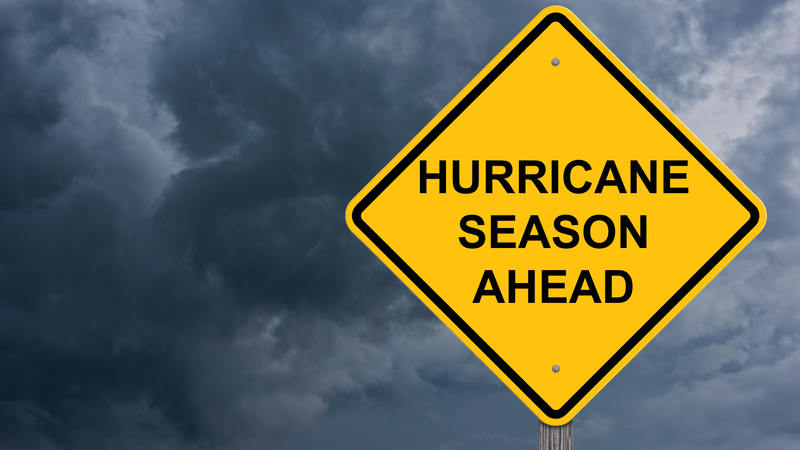Do you own a business? I’ll give you two worrying figures concerning natural disasters: 4 out of 10 firms affected by a natural disaster never fully recover. Even worse, at least one out of every four firms that must shut down in the wake of a disaster never reopen. Additionally, the situation gets worse if your company is small or if all of your operations are concentrated in one place.
You must have a catastrophe plan in place if your company is situated in a storm zone.
The importance of insurance
When the hurricane is over, you could require immediate access to money to:
1. Repair any damage to your company.
2. Reduce loss
Does your company have insurance to cover the money needed to survive a loss of revenue? What should you take into account when assessing the insurance policy for your company?
Hurricanes’ direct effects
Examine the common threats covered by your property insurance. Make sure that your policy covers the risks that are frequently related to storms, such as wind damage and falling trees. Be aware that many typical dangers, such as damage from flooding, power outages, or the price of repairs expressly needed to comply with building codes, are not covered by standard property insurance plans. (For example, if the electrical wiring in your building is not up to code, any additional expense needed during storm repair to replace the electrical system to meet code would not be covered).
Look over your deductible. Some insurance plans include a different deductible for claims brought on by hurricanes or other named storms. Such a deductible is generally more than the policy’s deductible for other claims, such as fire or theft.
The worth of the property at the time of the damage may be used to determine the hurricane deductible. Consider that the worth of your building is $100,000. Your coverage has two separate “deductibles”—a “hurricane deductible” of 4% and a conventional deductible of $1,000. You are liable for the first $1,000 if a fire damages part of your building before the insurance company begins to pay anything. However, you are liable for the first $4,000 if a hurricane only causes minor damage to your building.
Floods as a Reaction to Hurricanes
According to FEMA, floods are the most frequent and expensive natural disaster in the United States. The term “flood” refers to a variety of rising or flowing bodies of water, including torrential rain and tidal surge. It comes as no surprise that flooding frequently follows a hurricane, and the harm it causes can be more severe and expensive than the harm a hurricane’s winds can do.
Lost Income
It is simple to understand how severe property damage caused by a hurricane could hurt your company. But here’s something you might not be aware of: The primary reason so many businesses are never able to reopen once the storm has gone is the following lack of continuing income.
The good news is that there is a kind of insurance created to support companies like yours in continuing to operate after a hurricane. It’s known as business interruption insurance, and it gives your company money so that it may pay its employees and meet its financial commitments (such as payroll and invoices). It also helps to lessen financial losses brought on by a decline in consumers.
Unfortunately, not enough business owners are aware of business interruption insurance, or they choose to forgo it at great expense.
A hurricane’s impact on the supply chain might be lessened with business interruption insurance. Say, for instance, that while your restaurant suffered little to no damage from the storm, the warehouse of your main food supplier was completely destroyed. Even though your restaurant was not immediately harmed, the hurricane’s financial impact on your company was nevertheless considerable. Consult with you Villa Group Insurance Agent to see whether you may modify your business interruption insurance policy to include coverage for your company in the event that the firm you depend on sustains irreparable harm.




